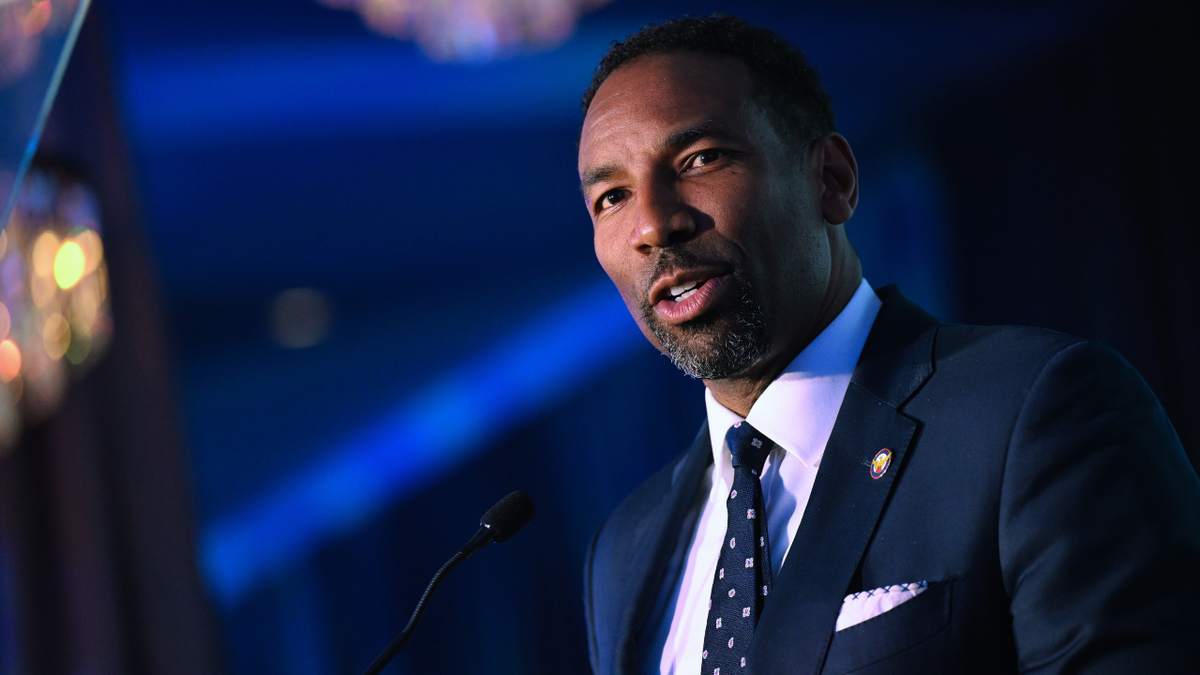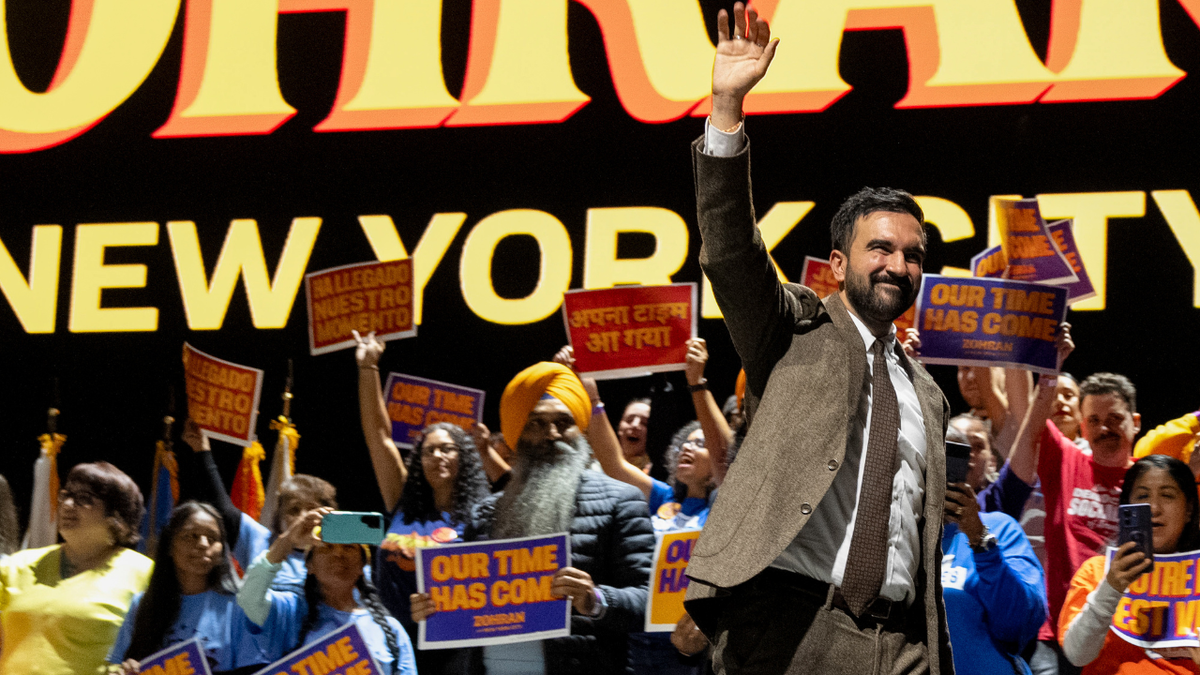NEWYou can now listen to Fox News articles!
Whether Atlanta’s city-run grocery store becomes a blueprint or a cautionary tale remains to be seen. But as cities nationwide grapple with rising food prices and shrinking access to affordable groceries, the project is testing how far local governments can go to fill the gap.
Azalea Fresh Market opened on Aug. 28 inside the historic Olympia Building in downtown Atlanta. It’s the city’s first government-run grocery store, offering fresh and locally made foods rather than packaged or convenience items.
While city officials say that the focus on fresh and affordable food is especially critical in the neighborhood it serves, critics warn that government-subsidized stores could undercut private small grocers, distort food prices, harm consumer choice, and ultimately weaken competition.
BUY NOW, PAY LATER USAGE FOR GROCERIES NEARLY DOUBLES AS CONSUMERS STRUGGLE WITH FOOD COSTS
The downtown grocery store is located in an area the Department of Agriculture classifies as both low-income and low-access, meaning many residents live far from full-service grocery stores. The store, which is open from 7 a.m. to 10 p.m. every day, is also expected to open two restaurants.
“Azalea Fresh Market is proof that when we work together as a city, we can deliver real solutions that change lives,” Atlanta Mayor Andre Dickens told Fox News Digital. In less than two months, the store has served more than 20,000 customers, evidence, he says, of how strong the need was in a neighborhood “long underserved by grocers.”
“In its first month, fresh produce made up 11.6% of total sales, exceeding the national average of 10% and highlighting a community demand for healthier food options,” Dickens said.
“What started as an innovative idea to tackle food deserts is now a thriving grocery store serving hundreds of residents every day with healthy food options,” he added.

The early success in Atlanta comes as similar ideas gain momentum elsewhere, including in New York City, where Democratic mayoral candidate Zohran Mamdani has championed city-owned grocery stores as part of his controversial campaign platform.
Mamdani, a 33-year-old democratic socialist upstart, has placed affordability at the center of his agenda to lead America’s largest city. He has campaigned on free buses, rent freezes for tenants in rent-stabilized apartments and city-owned grocery stores.
The three-term assembly member says the city-run grocery stores will not only address rising food prices, but food deserts.
MAMDANI DEFENDS CITY-RUN GROCERY PLAN, SAYS STORE OWNERS CAN BE ‘PARTNERS’

Mamdani, whose district includes the Queensbridge Houses, the largest public housing project in North America, says residents there have long-requested low-cost grocery options.
Some of Mamdani’s most vocal critics, though, have come from Wall Street titans, who argue his proposals threaten the financial backbone of the city. The standoff reflects a broader struggle over New York City’s identity, between progressives seeking reform and the financial forces that have long shaped it.
TREASURY’S BESSENT WARNS NYC: NO BAILOUT UNDER MAMDANI – ‘DROP DEAD’

Beyond Wall Street, critics argue the economics don’t add up, warning that government-run groceries could ultimately hurt the very communities they aim to help.
“Affordability and grocery costs are valid pressure points for Americans. It is absolutely true that prices are too high, but opening government-owned and operated grocery stores will have disastrous consequences for not only consumers but also for local competition,” explained Nicole Huyer, a senior research associate at the Heritage Foundation’s Thomas A. Roe Institute for Economic Policy Studies.
Huyer said taxpayers would ultimately shoulder the cost of artificially low prices, while small businesses would struggle to compete. She pointed to failed government-run stores in Erie, Kansas, and Baldwin, Florida, as cautionary examples.
For now, Atlanta’s grocery experiment remains a test case, one watched closely by cities like New York and, more recently, Boston.
Read the full article here










